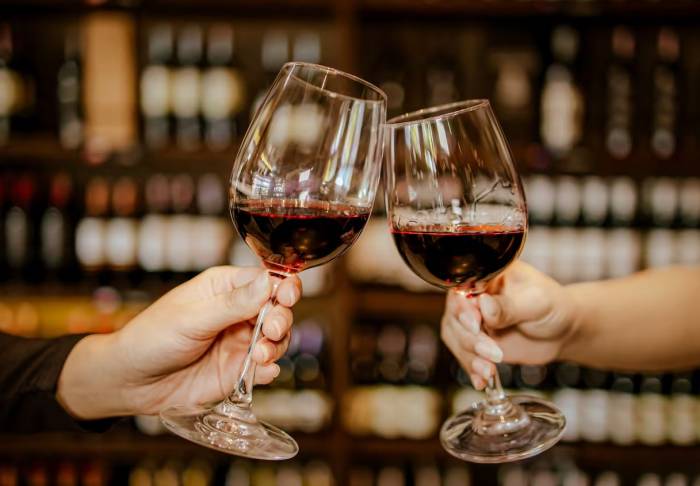
Bordeaux is launching a new campaign aimed at encouraging wine consumption by the glass, as the region faces declining exports, shifting consumer preferences, and growing competition from beer. The initiative, called “Bordeaux se met au verre” (“Bordeaux by the glass”), is being rolled out across approximately 100 bars and restaurants in the city. Each participating venue will receive a €250 promotional kit if they commit to offering at least three wines by the glass, including one organic option and one priced at €5 or less.
The campaign is being led by Bordeaux’s Green mayor, Pierre Hurmic, who said the goal is to modernize the image of Bordeaux wines and make them more accessible to younger consumers. “We want to rejuvenate the image of Bordeaux’s wines,” Hurmic said. “It’s also about making the people of Bordeaux and the four million tourists who come here each year more aware of the variety of our wines, not just reds, but whites, rosés and sparkling crémants.”
The move comes as Bordeaux’s traditional full-bodied red wines are losing ground to lighter styles such as Pinot Noir from Burgundy. At the same time, overproduction has forced some growers in the region to uproot vines due to falling demand. Younger French drinkers are increasingly turning to beer, which is often cheaper and perceived as more casual.
Christophe Chateau of the Conseil Interprofessionnel du Vin de Bordeaux (CIVB) said that changing habits in restaurants are also affecting wine sales. “Sales of bottles of wine in restaurants have fallen as people are drinking less and more now order glasses, especially couples when one wants red and the other white,” he said. “You see a lot of Bordeaux wines by the bottle on restaurant wine lists, but not so many by the glass.”
To support the campaign, the Bordeaux Wine School will offer training for restaurant staff on how to properly store and serve wine by the glass. The use of wine-on-tap systems is also being considered as a way to reduce waste and maintain quality.
Chateau acknowledged that wine struggles to compete with beer on price due to higher production costs but believes that Bordeaux’s rosés and whites could appeal to younger consumers, particularly women. He also pointed out that pricing strategies need to change if wine by the glass is going to become more popular. In France, restaurants typically charge three times the retail price for a bottle but up to six times for a single glass. Serving sizes are another issue; France’s standard pour is 120ml, compared with 175ml in the UK.
Some restaurant owners have expressed concerns about lowering prices amid rising costs and fewer business lunches due to remote work trends. Still, supporters of the initiative argue that adapting to new consumption patterns is essential for keeping Bordeaux wines relevant.
Mayor Hurmic believes that if successful locally, this model could be applied elsewhere. “This is an exportable initiative,” he said, suggesting that cities in the UK could be next in line for similar campaigns aimed at promoting wine by the glass.
The campaign reflects broader efforts within France’s wine industry to respond to evolving consumer behavior and economic pressures. By focusing on accessibility and variety, Bordeaux hopes to reconnect with younger drinkers and secure its place in a changing market.
